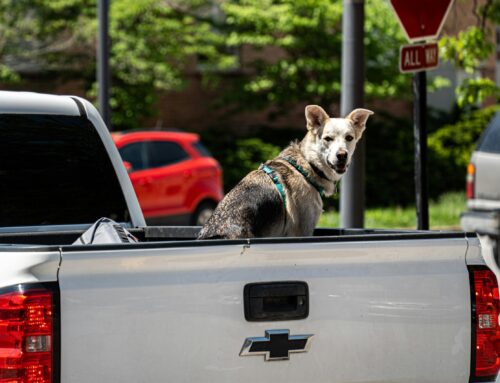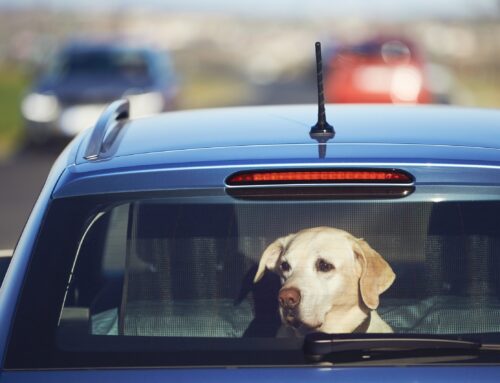With recent wildfires raging in the region and the weather pointing to a high risk for more, Second Chance Humane Society has been hearing from many concerned pet parents on how to be better prepared for emergency situations. Thus our next few Pet Columns will be devoted to this topic, but know that your participation level will measure its effectiveness. I don’t want to incite anxiety by discussing these topics, instead my goal is to help you feel more prepared should the need arise.
Let’s begin by developing your emergency evacuation plan, the foundation of which is becoming equipped to take your pets with you if you must evacuate your home. If it is not safe for you to be at home is it not safe for your pets. Make sure you have a detailed plan on where you can safely bring your pets.
Pet-friendly accommodations can be found on the internet by not only searching for local and out-of-area pet-friendly hotels but also boarding facilities. But more ideal is to make agreements with friends or relatives in other regions that will accept your pets.
Locally you should also start a neighbor buddy system and exchange keys, pet medical information and emergency plans with someone who can evacuate your animals if you are away from home when disaster strikes.
Part of your planning should also consider unfortunate situations such as your pet escaping or getting lost in transit in the chaos of an evacuation, particularly if you are not home during the evacuation. Make sure your pets are microchipped and that you have updated their microchip registration and I.D. tags with your current contact information.
Verify that your pets are also current on their vaccinations and that you have access to these records on your phone. Many shelters and boarding facilities will require this before they accept pets. You should also make sure you carry photos of your pets with you or on your mobile phone. Such photos may be necessary to prove ownership if you are separated from your pets.
After the disaster of Hurricane Katrina, some of which could have been avoided had pets been allowed to be evacuated with their people, and the passing of the Pets Evacuation and Standards Act (PETS passed in 2006), including pets in disaster planning has improved. But not enough.
Keep in mind that the PETS Act is operational only when a federal disaster declaration has been made and, although it requires that State and local emergency preparedness plans address the needs of individuals with household pets and service animals, it does not change the fact that rural shelters and related resources are scarce and simply may not accept pets.
My name is Star. I am a 5 month handsome boy cattle dog mix who enjoys playing with others and burning off some energy. I get 5 stars (out of 5 of course) for my sweet attitude but only about a 3 on my basic training (but I am picking it up fast!). Pending emergency or no – my bags are packed and waiting for someone to come and adopt me…come meet me today.







Leave A Comment